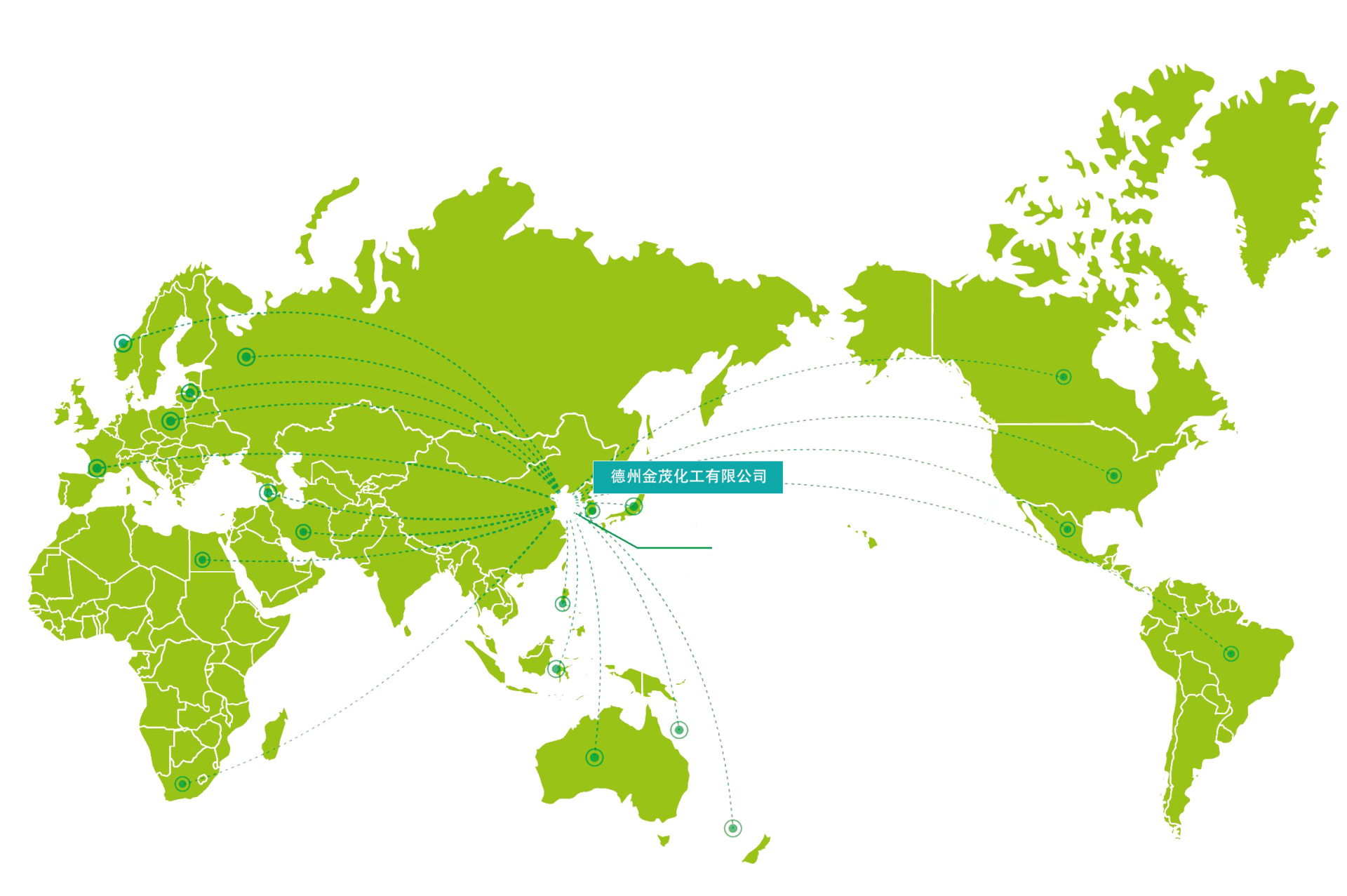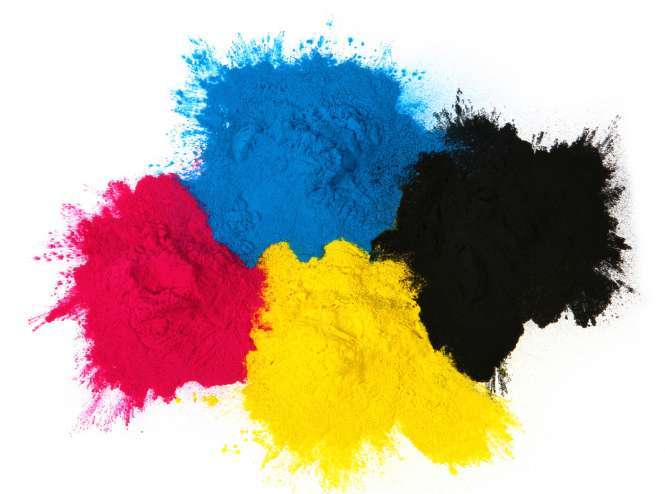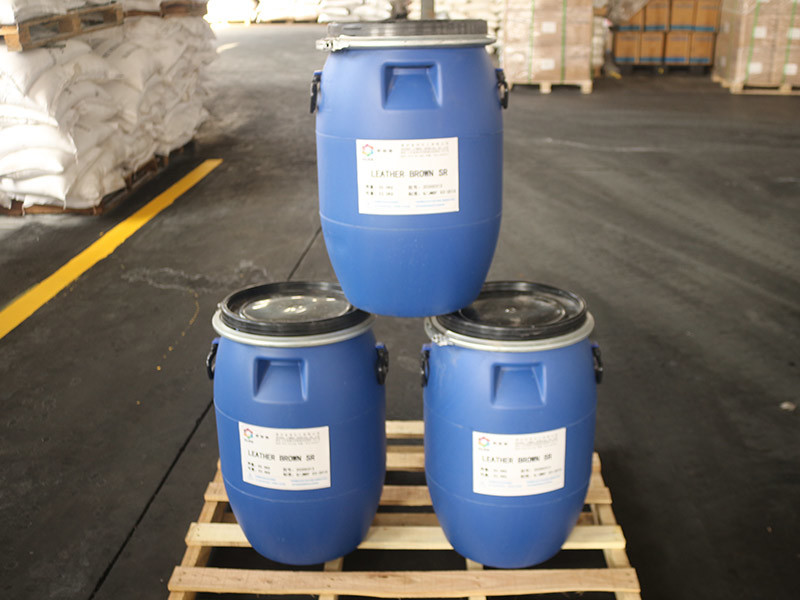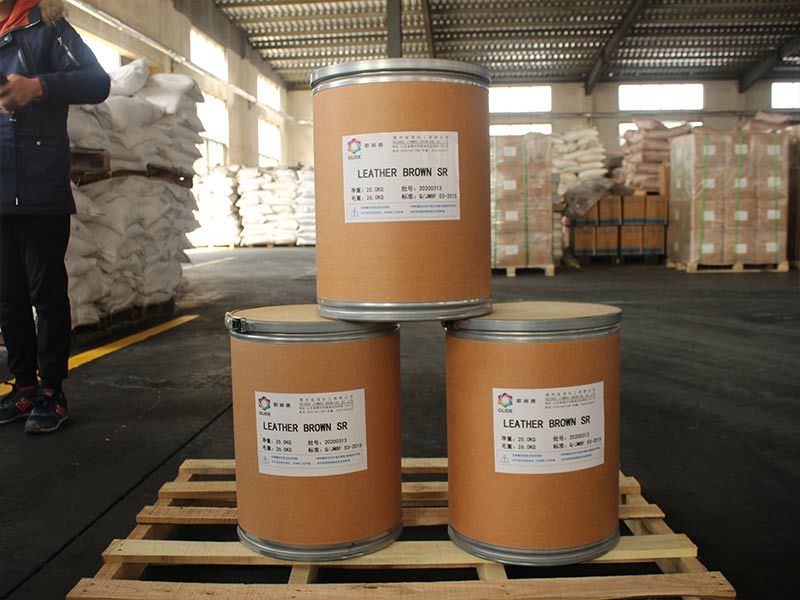Disinfectant Products: Factors to Consider for Disinfection Effectiveness During Use
Disinfectants refer to methods that kill pathogenic microorganisms but do not necessarily kill bacterial spores. Disinfection is usually achieved through chemical methods. The chemicals used for disinfection are called disinfectants. Factors that affect the effectiveness of disinfection should be noted during disinfection:
① Disinfection of the environment and livestock houses. First, we must clean, wash, and remove feces and other organic dirt. The ceilings of livestock houses should also be cleaned to remove dust and cobwebs, otherwise, it will affect the effectiveness of the disinfectants.
② When disinfecting livestock, disinfectants with low irritancy and low toxicity should be used. The nozzle should spray mist particles upwards, and the diameter of the mist particles should be controlled within 80-120 microns, and should not be directed at the livestock. Spray the disinfectant from a distance to prevent damage to the livestock's eyes. Disinfection can be performed every 3 to 5 days based on specific conditions.
③ The concentration of the disinfectant used is proportional to the disinfection effect and must be used at the specified concentration; otherwise, it will affect the disinfection effect.
④ The temperature of the chemicals also correlates with the effectiveness of the disinfectants. For example, hot alkaline water. When using formalin for heating fumigation and disinfection, doors and windows must be closed without poultry, gaps must be sealed, and fumigation should continue for 8-10 hours without affecting the transfer of the group, then open doors and windows to expel the remaining drug gas. Transfer to livestock and poultry.
⑤ When disinfecting drinking water for livestock, do not arbitrarily increase the concentration of disinfectants in the water or allow livestock to drink the medicated water for a long time, as this may cause acute poisoning and may kill or inhibit the normal flora in the intestines, affecting the health of livestock and poultry. Manufacturers of medical disinfectants understand that commonly used drinking water disinfectants in production are mainly chlorine agents, iodine agents, and quaternary ammonium salts.
Latest developments







